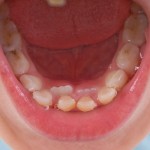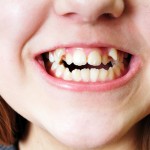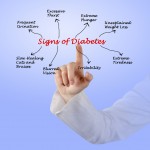Birth – 18 years.
The link between autism and eating disorders remains unclear #CAMHScampfire

Douglas Badenoch helps us prepare for another CAMHS Around the Campfire session by looking at a brace of population cohort studies exploring the links between autism and eating disorders.
Follow #CAMHScampfire on Twitter at 5pm BST on Monday 11th October for an online journal club discussing these papers. Or sign up now to join the free webinar hosted by ACAMH.
[read the full story...]







